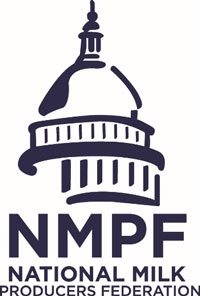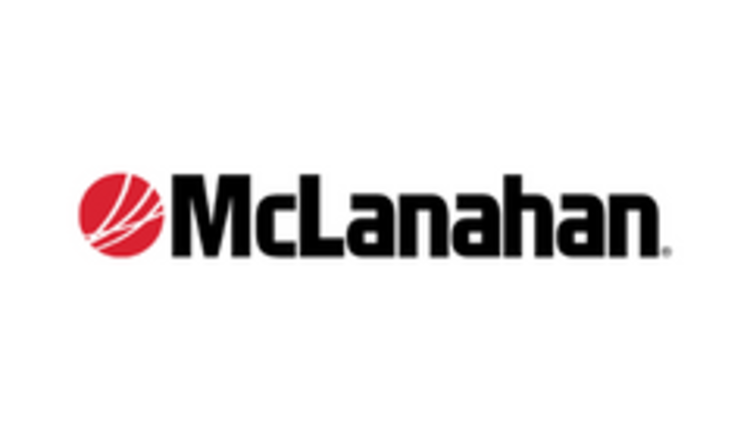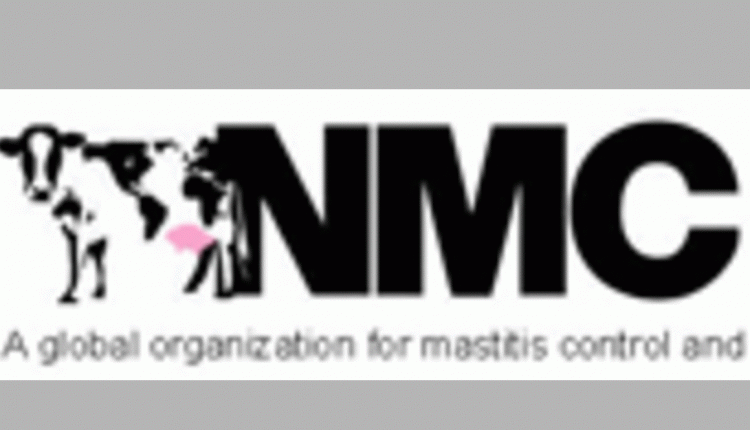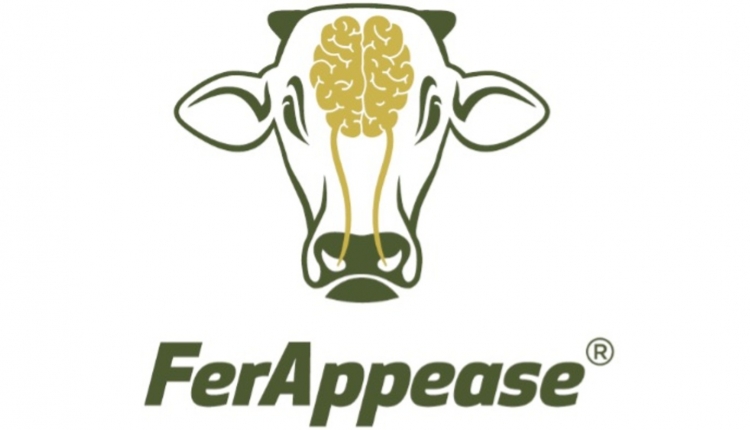
Any regulatory standard for the labeling of bioengineered food ingredients must ensure that consumers receive clear, accurate information about the foods they eat, and not stigmatize bioengineering when scientific evidence proves otherwise, according to the National Milk Producers Federation (NMPF).
As a member of the Coalition for Safe Affordable Food, NMPF was a signatory on comments submitted today that offered detailed input on the Agriculture Department’s (USDA) proposed rule to implement the National Bioengineered Food Disclosure Standard. The coalition comprises a variety of farm and food organizations that worked together to help pass the labeling law.
NMPF said it supports a science-based approach in determining how foods made using bioengineering should be regulated. Since bioengineered foods have repeatedly been found to be completely safe by both domestic and international science and research organizations, NMPF has said that a bioengineered labeling standard should focus on providing consumers accurate information, while discouraging misleading marketing tactics or meaningless absence claims.
“Food labels should not be used to scare consumers on purchasing decisions, especially with labels that suggest a distinction in which there is no real difference,” said NMPF President and CEO Jim Mulhern. “It is simply wrong to try to manipulate consumers through unfounded fears, and it’s not fair to the other food companies that don’t engage in such dishonest marketing.”
In addition to supporting the coalition’s comments, NMPF filed its own set of comments to highlight several elements of the rule, including how it addresses the labeling of milk and meat from animals that consume bioengineered feed. Congress recognized when it passed the law that giving farm animals grains developed through biotechnology has no effect on the animals or products derived from them, NMPF has said, and the standard should reflect this.
“Some food companies are implying that their products derived from animals that have not been fed bioengineered grain are better or safer. That is untruthful, that is false, that is misleading,” said NMPF. “USDA should express its disdain for such contemptuous and wrongful marketing practices in the strongest way possible.”
Also an issue was USDA’s failure to exempt bioengineered enzymes from triggering disclosure. Over 60 countries with a bioengineered food disclosure exempt such enzymes, often used in the production of cheese. NMPF said USDA should ensure the United States is consistent with other countries.
The comments also touched on NMPF’s concerns with voluntary disclosures and their potential to be false and misleading. A qualifying statement, NMPF said, would properly educate the consumer and thus alleviate this concern. As an example, the Federation proposed the following: “No material difference has been shown between ingredients created using bioengineering and ingredients created without bioengineering.”
Finally, National Milk stressed that the bioengineered food disclosure standard is really a measure to regulate food marketing, not food safety. Therefore, in determining the level of a substance needed for a product to be considered bioengineered, NMPF endorsed the coalition’s suggestion that USDA use a 5-percent threshold for inadvertently bioengineered ingredients and 0.9 percent for intentionally bioengineered ingredients.
“Our response to USDA’s proposed rule is meant to help create a fair and honest marketplace for consumers and companies,” said Mulhern. “We hope the department will heed our concerns and ensure any future labeling standards do not stigmatize a perfectly safe scientific process.”
The National Milk Producers Federation (NMPF), based in Arlington, VA, develops and carries out policies that advance the well-being of dairy producers and the cooperatives they own. The members of NMPF’s cooperatives produce the majority of the U.S. milk supply, making NMPF the voice of dairy producers on Capitol Hill and with government agencies. For more on NMPF’s activities, visit our website at www.nmpf.org.


